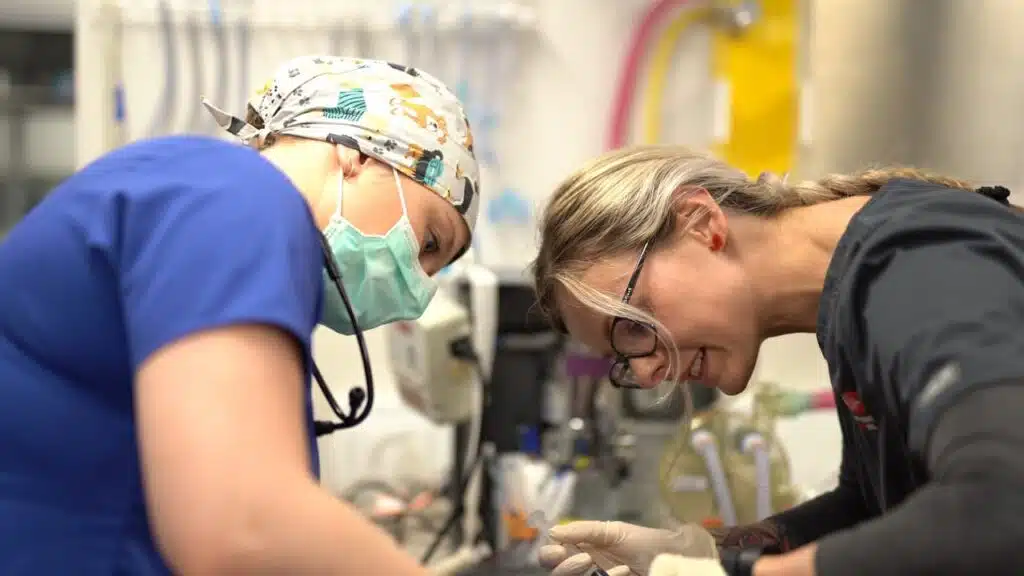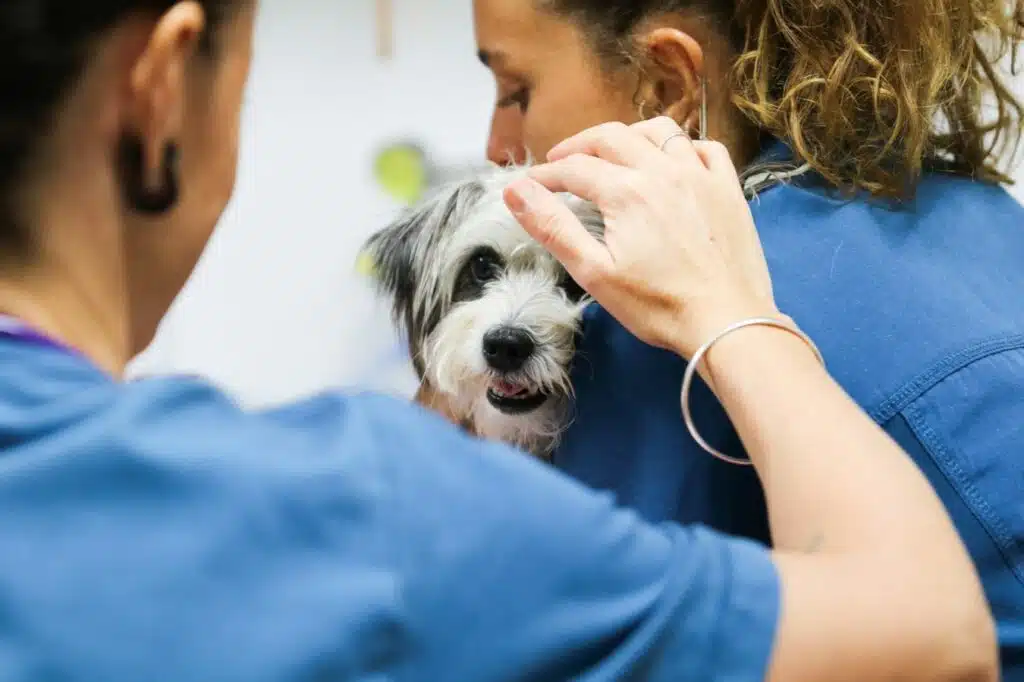We’ve already discussed setting goals for a successful mentorship, but what should you do when your mentorship doesn’t go according to plan? As disappointing as this situation may be, it can be a seriously valuable experience.
As we mentioned initially when we looked at finding a veterinary mentor, no mentor is perfect, and finding the correct mentor for you isn’t always a simple process. It can be trial and error, and sometimes finding the incorrect mentor will set you on a clearer path to finding one that’s far more suitable.
There could be many reasons why you and your mentor weren’t compatible. These could include:
- Preference for communication – with so many different methods of communication now available, it’s inevitable that you’ll encounter others with different preferences. Maybe you wanted to communicate in-person but your mentor had a preference for calls and emails.
- Mindset – every individual has their own unique mindset. Are you an optimist and your mentor wasn’t? There’s a fair chance your mindsets just didn’t align with one another.
- Learning style – as we’ve discussed in our veterinary learning style article, there are four distinct learning styles and most individuals will have a preference for one over others. Having different preferred learning styles can make mentorship a challenge.
- Interests and passions – did you and your mentor share many interests, both within the veterinary field and in your own personal interests? If not, this could naturally cause a rift in the relationship.
Firstly, don’t be disheartened – it’s a scenario that’s all too common and one that almost all of us will encounter at some stage during our veterinary careers. Instead, use this as an opportunity to take a step back, reflect, and learn how to achieve a more successful mentor/mentee relationship in future. Use the three points below as a guide to ensure your next mentorship avoids these challenges.
1. Take Feedback
This first step can be the hardest part of all. Asking your mentor for genuine feedback and being able to take this onboard can be difficult. But as long as you’re on good terms, being open and honest with your mentor can be incredibly useful. Asking for their input on how things could be improved, their insight into why your relationship didn’t flourish, and what they’d recommend in a future mentorship.
Their experienced input is invaluable, because it’s almost certain that a mentor has been a mentee at multiple points throughout their career and been in your shoes before. Try to view their feedback objectively, and use it as a means to succeed in your next mentorship.
2. Reflect on the Relationship
So your mentor wasn’t the right fit for you, but why exactly was that the case? Can you pinpoint the pitfalls of your relationship? Be critical and try to analyse what could be improved for next time, but don’t be too hard on yourself either. It’s important to be able to learn and grow from your mistakes, and an unsuccessful mentorship will help you do exactly that.
As we discussed above, try and identify the exact circumstances of the relationship that led to failure. Was communication not established frequently enough? Did you not start the relationship with clear expectations or goals that were outlined? Or did you simply pick a mentor based on superficial features like popularity or convenience? If you answered yes to any of these questions, step back and reflect on why this happened to ensure you avoid this in future.
3. Use This Experience to Grow
It’s unfortunate to have encountered a mentorship that simply didn’t work, especially if you put in the effort and time to try to make it work. But that doesn’t mean it’s all for nothing – view this in a positive light as a valuable learning experience. The fact that it didn’t work out this time means your next mentor relationship is more likely to succeed.
Like the newest complex surgical procedures or tricky diagnostic skills you learn as a vet, you’re not going to be perfect the very first time around. Learn from your mistakes, keep trying and improving, and there’s a fair chance you’ll succeed in no time.
But maybe you want to succeed the very first time around? Give yourself the best chance for success and explore the valuable mentorship programs on offer through veterinary internship programs in our next article or sign up for our 3-part mentorship series below to receive weekly tailored handouts.
Sign-up to our Mentoring Series
You will receive a three-part mentoring series, designed to help you select and approach a mentor.




